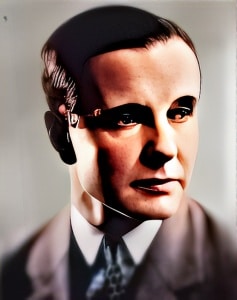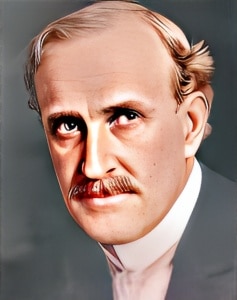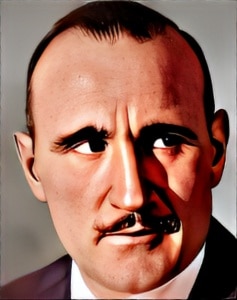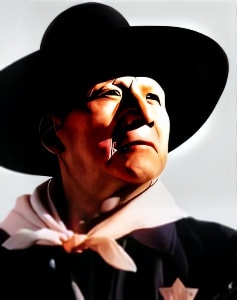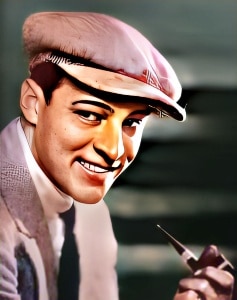 Rudolph Valentino (1895-1926) was an Italian-American actor who became one of the most iconic and influential figures in the history of silent cinema.
Rudolph Valentino (1895-1926) was an Italian-American actor who became one of the most iconic and influential figures in the history of silent cinema.
Born Rodolfo Alfonso Raffaello Piero Filiberto Guglielmi di Valentina d’Antonguella on May 6, 1895, in Castellaneta, Italy, he immigrated to the United States in his youth and ultimately achieved worldwide fame as a Hollywood heartthrob. Valentino’s life and career, while tragically brief, left an indelible mark on the film industry and popular culture.
Valentino’s early life was marked by hardship and challenges. He worked a variety of jobs in New York City, including as a busboy and gardener, while he pursued his dream of becoming a professional dancer. His good looks and charisma caught the attention of talent scouts, and he soon found work as a taxi dancer in New York’s famous dance halls. His dance career helped hone his stage presence and physicality, skills that would serve him well in his future acting roles.
Valentino’s breakthrough in the entertainment industry came when he was cast in small roles in silent films. His early film career was unremarkable, with bit parts and extra roles. However, his fortunes changed when he was cast as the dashing Sheik Ahmed Ben Hassan in the 1921 film “ The Sheik.” The film was a sensation, catapulting Valentino to stardom and establishing him as a symbol of romantic and exotic masculinity.
The success of “ The Sheik” was followed by a string of hit films, including “The Four Horsemen of the Apocalypse” (1921), “ Blood and Sand” (1922), and “Monsieur Beaucaire” (1924). Valentino’s on-screen persona, characterized by his dark, brooding good looks, smoldering sensuality, and passionate, tormented characters, resonated with audiences and made him the quintessential romantic leading man of the era.
Valentino’s off-screen life was as sensational as his on-screen roles. His two marriages, first to actress Jean Acker and later to costume designer Natacha Rambova, were widely covered by the media. He was also known for his flamboyant fashion sense and style, which included wearing a tuxedo with a ruffled shirt, helping to popularize the tuxedo as formalwear.
Tragically, Rudolph Valentino’s life was cut short when he died at the young age of 31 on August 23, 1926, due to complications from an ulcer surgery. His death led to widespread public mourning and even a riot at his funeral. His legacy as a silent film icon and symbol of romantic masculinity endures, and he remains one of the most celebrated figures in the history of cinema.
Beyond his acting career, Valentino’s impact on popular culture and fashion was significant. He influenced men’s fashion of the time, and his style choices continue to be celebrated and emulated. Valentino’s legacy also lives on in the hearts of film enthusiasts who appreciate his talent and charisma on the silent screen.
In the decades following his passing, Valentino’s films have continued to be preserved and celebrated, ensuring that new generations can discover the allure of the “Great Lover.” Rudolph Valentino’s contributions to the world of entertainment and his lasting influence on film and fashion make him an enduring and iconic figure in the history of cinema.
Loading live eBay listings...

